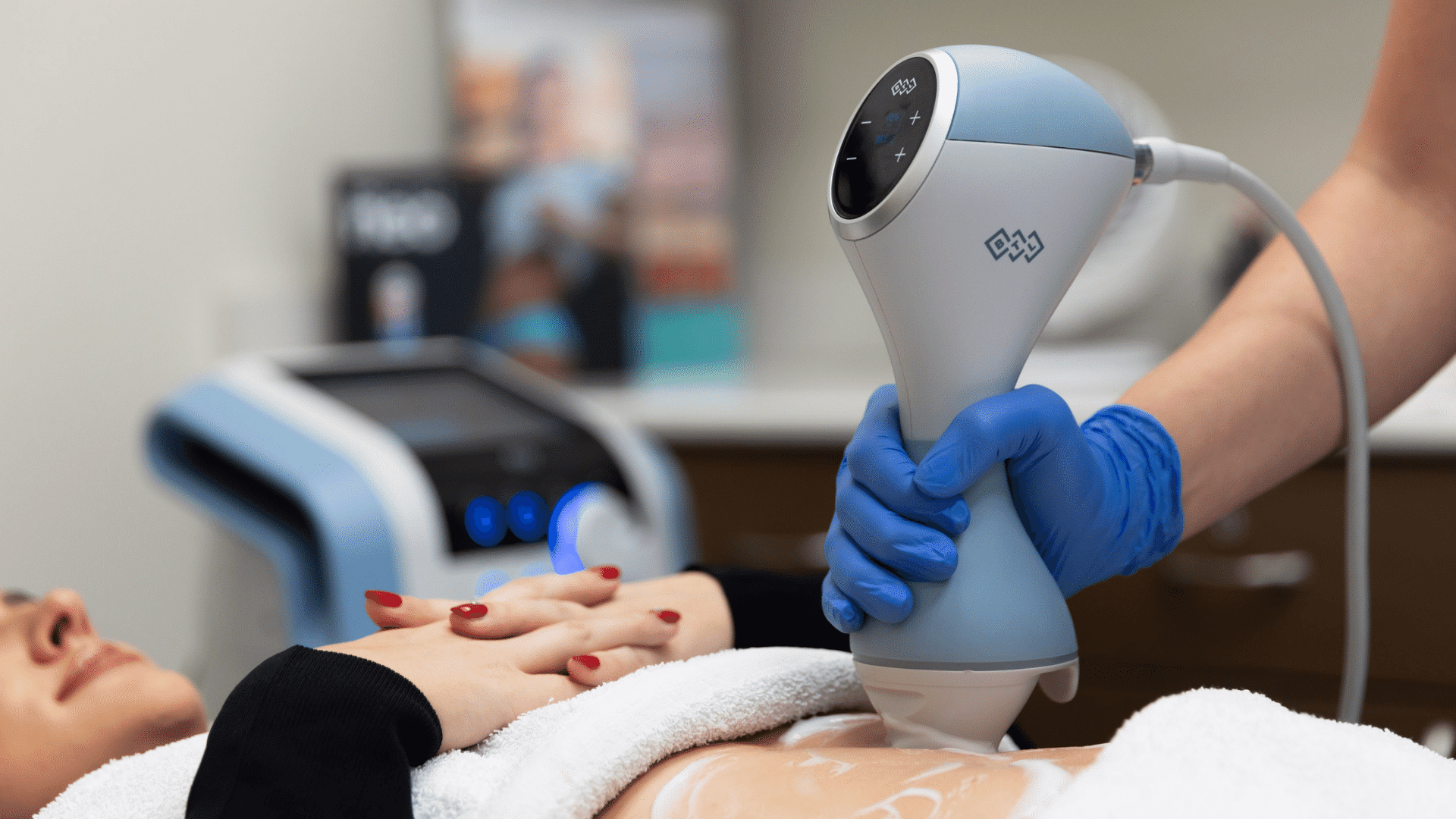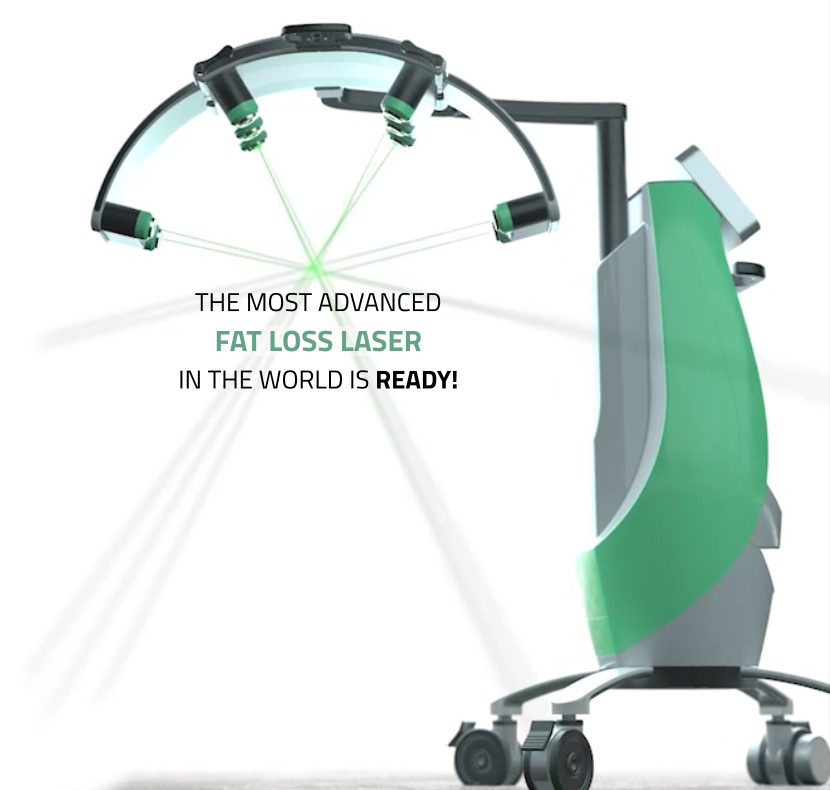Navigating Menopause: A Guide to the Changes Every Woman Should Know

Menopause, a natural phase in a woman's life, typically occurs in her late 40s or early 50s. Ladies, keep in mind that dependant on genes and other factors like stress it is normal to start menopause earlier than 40.
This biological transition marks the end of the reproductive journey and brings about a series of changes that can vary from woman to woman.
One common challenge during menopause is hot flashes and night sweats.
Imagine sudden warmth, a flushed face, and sweating that can disrupt daily life and even disturb sleep.
These are common companions for many women going through this phase.
Another significant issue is vaginal dryness.
As estrogen levels decline, the vaginal tissues may thin and dry, causing discomfort during intimate moments and an increased risk of urinary tract infections.
Sleep disturbances are another hurdle.
Hormonal changes, coupled with night sweats, can make it difficult for women to get a good night's rest, impacting their overall well-being.
Mood swings and emotional changes are also on the horizon.
Hormonal fluctuations can lead to irritability, anxiety, and, in some cases, even depression.
These emotional changes add an extra layer of complexity to the menopausal experience.
Irregular menstrual cycles can be a source of frustration for many women.
Before menstruation ceases entirely, cycles may become unpredictable, adding a touch of uncertainty to a woman's monthly routine.
Bone health is a concern as well.
With estrogen playing a role in maintaining bone density, its decline during menopause puts women at an increased risk of osteoporosis and fractures.
Weight gain is not uncommon during this phase.
Changes in metabolism and hormonal fluctuations can lead to weight gain, particularly around the abdomen.
Memory and concentration issues, often dubbed "brain fog," may also make an appearance.
Some women find themselves grappling with forgetfulness and difficulty focusing during menopause.
Joint and muscle pain can become more prevalent.
Hormonal changes may contribute to discomfort, making women more susceptible to conditions like arthritis.
Menopause isn't just about physical changes; it also brings an increased risk of cardiovascular issues.
The decline in estrogen levels during this phase is associated with a higher risk of heart disease.
Navigating these changes can be challenging, but there is hope.
Seeking guidance from healthcare providers is crucial.
Various treatments and lifestyle changes, including hormone replacement therapy, can help manage symptoms and improve the quality of life during this transition.
In conclusion, every woman's journey through menopause is unique, and understanding these changes is the first step in finding the right path forward.
By consulting with healthcare professionals, women can gain personalized advice and support to make this transition as smooth as possible.
Menopause may bring challenges, but with the right knowledge and care, women can embrace this new phase of life with confidence and grace.






